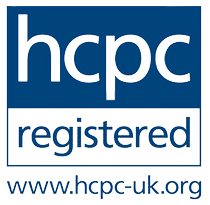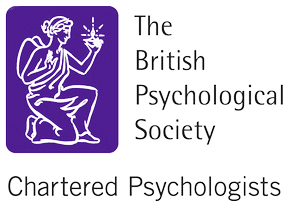Trauma and PTSD
What is Trauma Therapy?
Treatment developed to assist people in coping with the effects that come from experiencing trauma. The trauma may have occurred at any point in the individual’s life and may have occurred once or many times.
Trauma therapy is not just talking. It is an active therapy and has a past, present and future focus. You should expect to work with a therapist to develop and practice coping strategies such as grounding, you will then spend time actively processing your trauma, finally you will work on reconnecting with others and with your life and developing strategies to cope with future stressful events and potential triggers.
What is Trauma?
There are two main categories of trauma:
1) Single and multiple incident trauma – these are unexpected and come out of the blue. They might be acute, shock related or life threatening. Difficulties following such trauma might not occur until some time after the incident. For some people, difficulties will impact on their life to such an extent that they might be diagnosed with Post Traumatic Stress Disorder (PTSD). Examples of single incident trauma might include:
• Severe illness or injury
• Violent or sexual assault
• Witnessing violence, a terrorist attack or natural disaster
• Traumatic loss (eg: loss of a loved one due to suicide or accident)
• Road accident
• Military combat incident
• Work related trauma (eg: emergency services, NHS and social care staff)
• Hospitalisation
• Medical trauma
• Life threatening illness or diagnosis
• Childbirth
• Loss of a child
2) Complex trauma or repetitive trauma. Complex trauma describes trauma which may have been experienced as part of childhood or early stages of development. Repetitive trauma refers to trauma which has been repeated over a period of time and is often part of an interpersonal relationship where someone might feel trapped emotionally or physically and might feel as if they have coerced or were powerless to prevent the trauma. For example:
• Emotional abuse
• Sexual abuse
• Verbal or physical abuse
• Domestic violence
• Physical neglect
• Bullying (at home, school or work)
• Coercion
• Overly strict upbringing


What is PTSD?
Some people who experience a trauma might go on to develop Post Traumatic Stress Disorder (PTSD). Symptoms experienced will include the following:
• Re-experiencing the traumatic event or events in the present. This might happen in the form of vivid intrusive memories, flashbacks, or nightmares. These are typically accompanied by strong or overwhelming emotions, particularly fear or horror, and strong physical sensations.
• Avoidance of thoughts and memories of the event or events, or avoidance of activities, situations, or people that might be reminders of the event or events
• Persistent experiences of heightened threat in the present, for example, high levels of vigilance and watchfulness, or being very startled and jumpy in response to certain sounds, sights, smells, etc.
Symptoms of PTSD can come on within a few weeks of the traumatic event or might not arise until many years later – often triggered by another stressful life event or major life transition.


